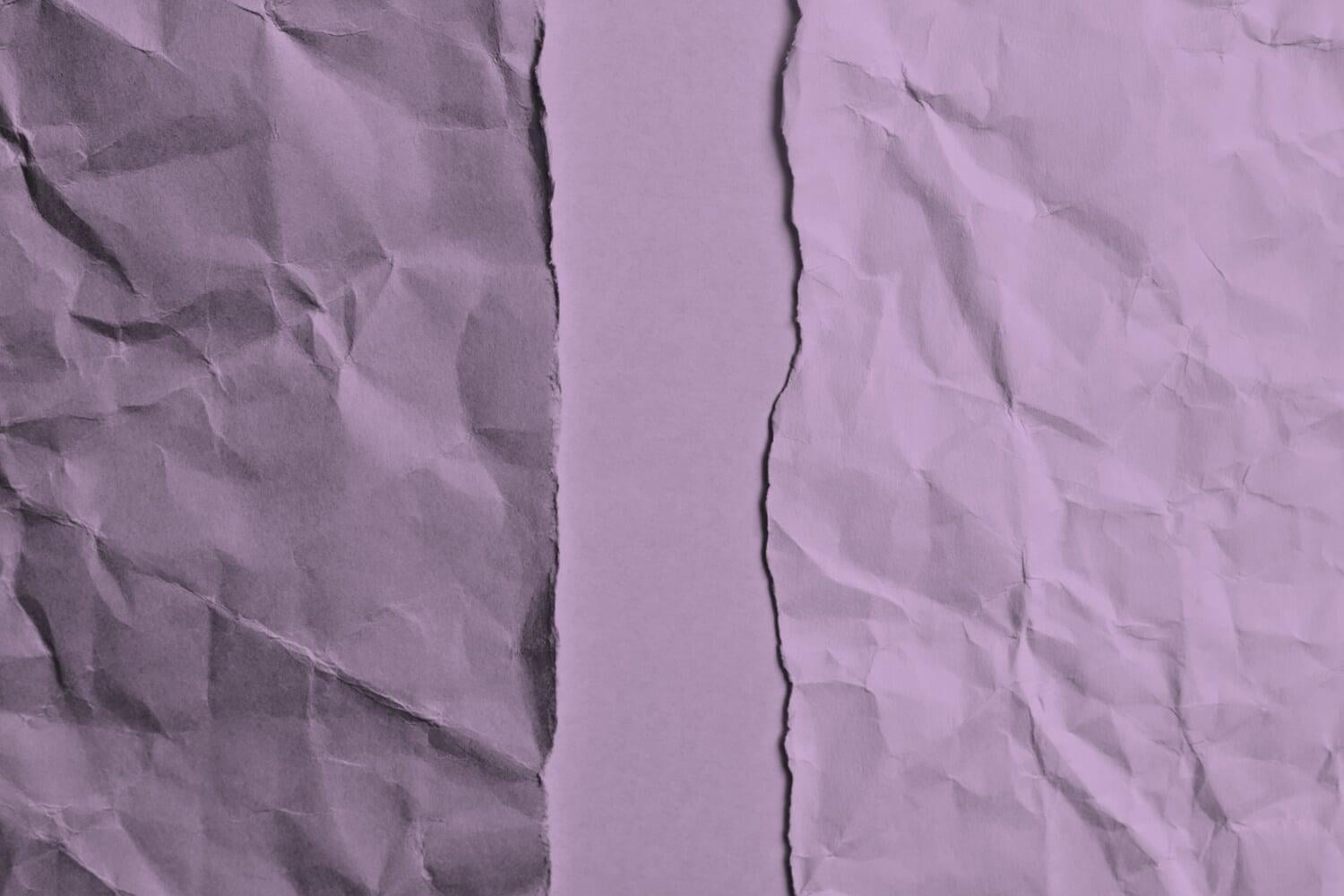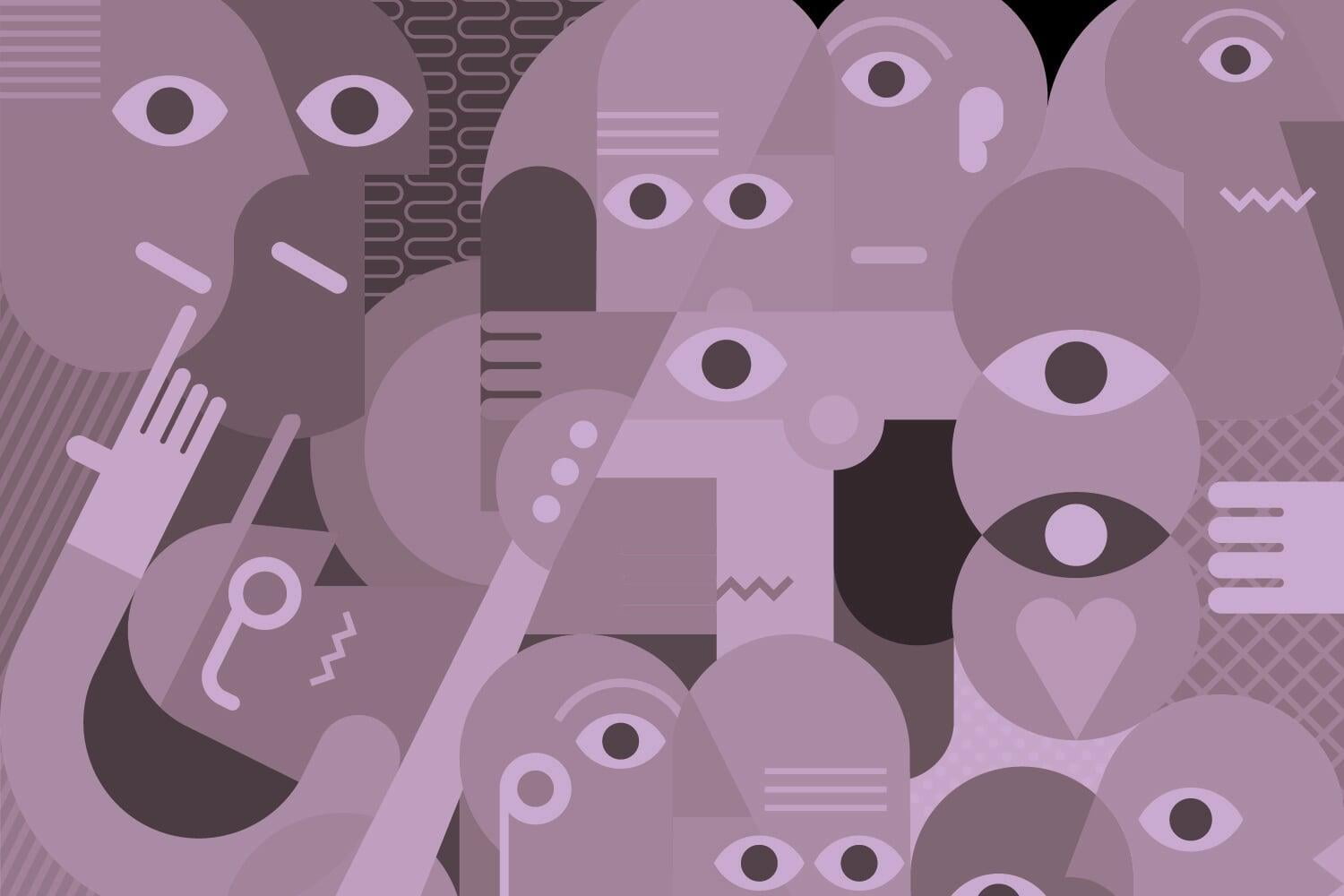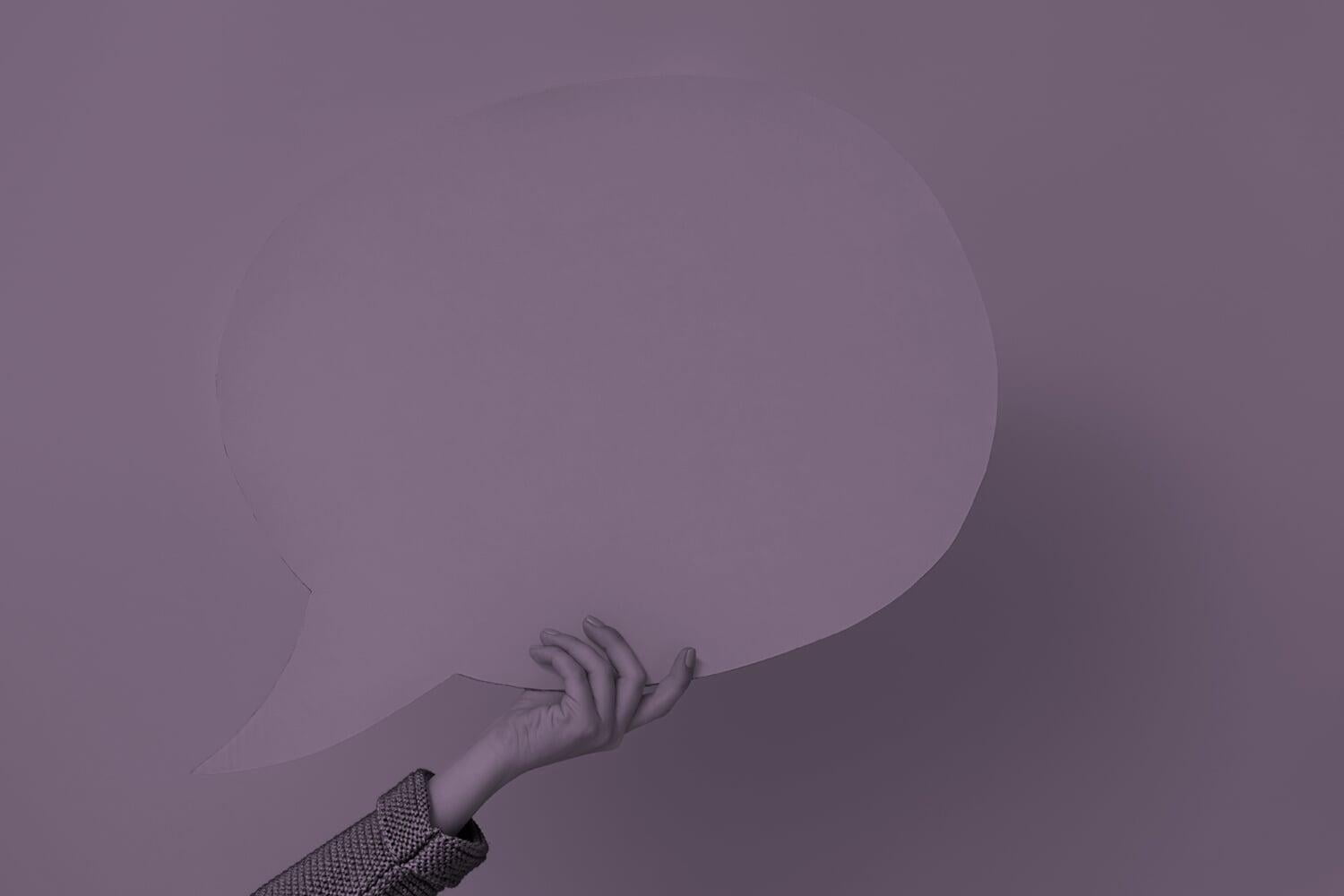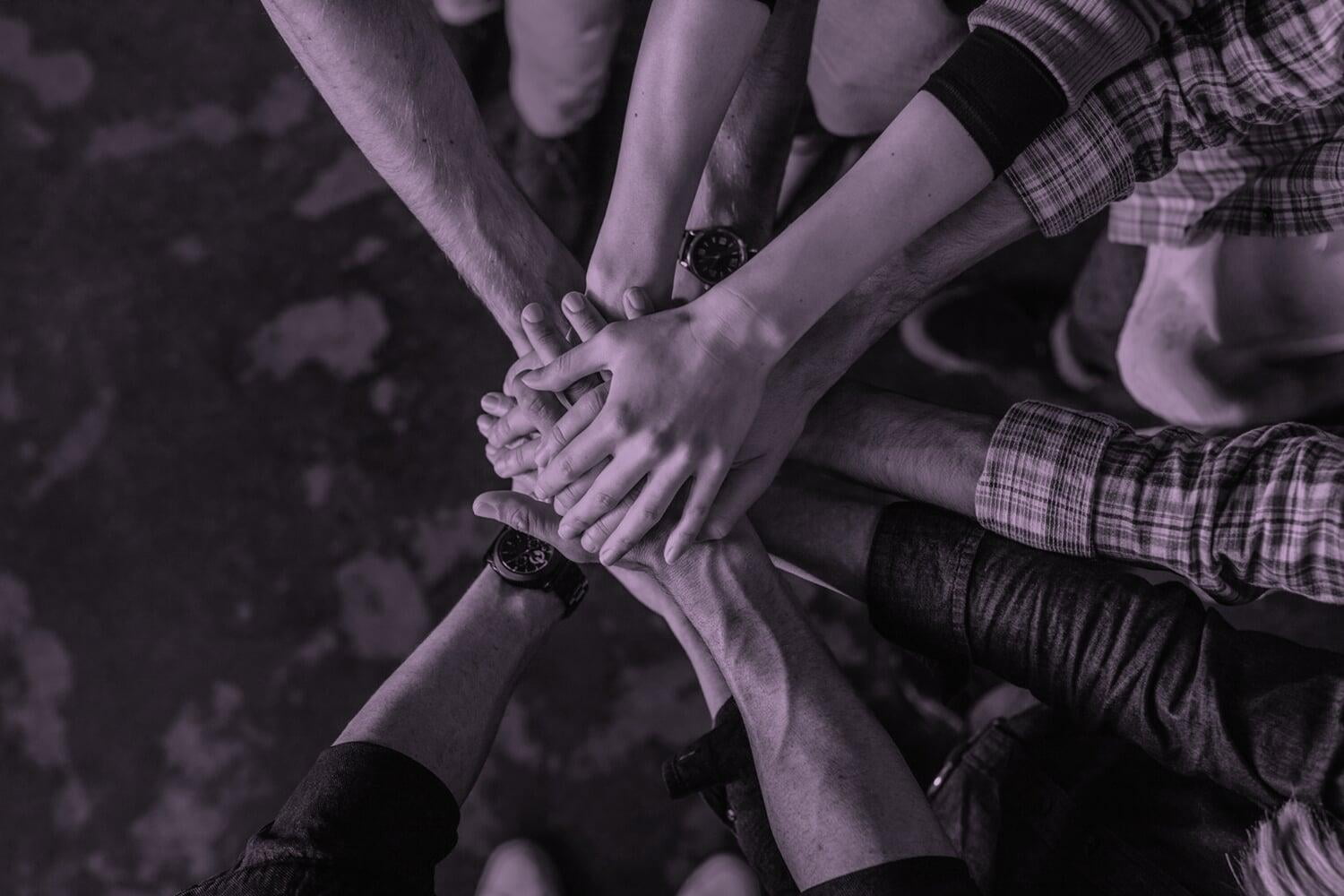The Pathway to Excellence | Live | Relational Development
Cultural Fit And Understanding
We need to adopt an open and respectful approach to cultural fit and understanding – how we identify with and respond to the history, culture, and honourable traditions of our social groupings while also connecting with and learning from those of other communities.

Where we come from in life can tell us a lot about where we are going. There is a narrative that we weave between yesterday, today and tomorrow. History, geography, food, clothing, language, music, religion, the arts – all of these things matter not just in themselves, but also how they connect us to our sense of who we are. If we are what we do, then that is because what we really believe and values can be traced most effectively through our actions. Culture is how we express what we think through what we do together. Sometimes these things are written down and sometimes they are not. Sometimes there can be a clash between what is written and what is done, or between what is said and what is unsaid. Yet, over time, no matter how specific the descriptions of culture are, we come to fall into the pattern of a life lived in community. In being brought up in a particular culture, we come to shape and have shaped for us our individual identities through participation in and learning about “the things we do here.” We need to begin with respect for what has gone before and the value that our forebears found in doing things in a certain manner
Our culture becomes important to us precisely because of this – it’s the things we do that help us to recognise who belongs, what holds us together and how we make progress by doing well that which is known and tested by the passage of years. Our culture also helps us to know what we should not do and it can also help us to identify who does not belong. At this point, we have a choice. Do we invite others to take part in our culture and, in time, to become part of it? Or do we exclude people from our culture? Similarly, when we encounter other cultures, do we want to learn more and learn to do things differently? Or do we reject that which is new and different?
“You should not overlook the guidelines of your culture. Life is short, and you don’t have time to figure everything out on your own. The wisdom of the past was hard-earned, and your dead ancestors may have something useful to tell you.”
Jordan Peterson
Some of us are more likely to be more open and others not. We know that we all need orderliness in our lives and that traditions and received wisdoms help us to make our way in the world safely and with at least a degree of success in confronting the challenges of known problems with tested solutions. We also know that those of us who are more open to new experiences, who are more curious about the world and excited to learn more about it, are more likely to be creative in what they do. They are more likely to be open to change in their world as well. All of these, when combined with a disposition towards engaging in and completing hard work, can help us to be more successful in our lives.
This means, too, that diversity is a key characteristic of a success on The Pathway to Excellence. There is a place for mastery of a routine and distilling what we know down to the most important elements. Yet, if we do not venture from what we know, if we lock down everything too early, we foreclose on the exploration and discovery of exactly that which we need to help us to meet new challenges and improve our approaches to existing ones. We need an adaptive expertise, not a fixed one. We need to be committed to a process of becoming, not stay rooted to one place as though we have already become that person we need to be. Our self-efficacy must evolve as we grow in character and competencies over time.
For this to happen, we need to experience different peoples and their cultures. We need to learn their way and test it against our way. We need to recognise what we think and feel about this difference and come to judge what the benefits for us all might be if we tried something different.
In other words, understanding our culture and how well we fit in it is not restricted to a simple process of identifying and replicating established rules and norms in our tribe. We must recognise that beyond this specific group who have much to offer us lies the rest of humanity to which we are also connected. There is a balance to be achieved, therefore between the old and the new, between the known and the unknown, between the familiar and unfamiliar, between friends and strangers. We need mastery and predictability to help us feel connected and secure. We need to stretch ourselves beyond our immediate comfort and challenge ourselves to grow. New cultures and new people help us to do this. We would do well to create time and space for both similarity and difference in our lives and to work out how we might earn our place in the culture of a broader humanity as well as the well-established norms of Our People and Our Place.
We can contemplate our Cultural Fit and Understanding by considering the following questions:
- Am I interested in expanding my knowledge about the history, values, beliefs and behaviours of my own people and their culture as well as those of others?
- Do I appreciate that working effectively with individuals from diverse groups and with different viewpoints is a critical skill for my learning and work?
- Do I embrace opportunities to interact with others who are different from me, and I enjoy the experiences that come up?
- Do I persevere in developing my intercultural skills and perspective, even when it feels difficult to continue?
- Am I able to evaluate how well I am progressing in developing my intercultural skills and setting new goals for my development?







